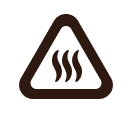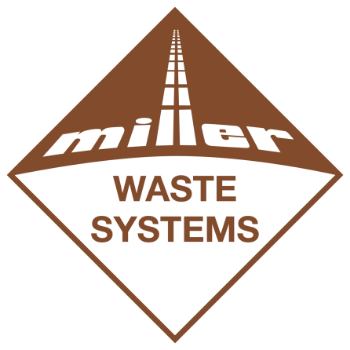Miller transforms wood waste into a secure, sustainable, cost-effective source of heat
Resource recovery in action
Miller recycles wood and wood processing waste to extract maximum value from these natural resources before they reach the end of their "service" life. This includes the production of wood chips that, when used as a biomass fuel, can heat greenhouses, office buildings, and industrial facilities.
Secure, sustainable, cost-effective way to heat your facility
When wood chips are used as biomass fuel, they are ignited in outdoor boilers and the resultant heat is circulated through the building using radiant heating or forced air systems.
Outdoor biomass boilers – although not a new technology by any means – are gaining popularity as sustainable, low maintenance, and low-cost energy sources.
Why Wood Chips?
Secure Energy Resources

Not subject to the same fluctuations in price and availability as oil and gas
Cost-Effective

Can produce more heat per unit than other types of fuel
Convenient

Woods chips are locally produced and readily available
Helps Meet Sustainability Targets

Using woodchips as fuel can contribute to LEED certification
The process of burning biomass and fossil fuels releases pent-up carbon dioxide; unless it is captured and stored, carbon becomes trapped in the atmosphere where it absorbs heat from the sun and contributes to climate change.
However, wood is a renewable resource, meaning we can plant new trees to absorb the carbon being released by rotting or burning wood.
By contrast, when we burn fossil fuels such as coal, oil, and gas, we are releasing carbon that was captured by living organism millions of years ago. They cannot re-absorb carbon.

Why Miller?
Miller Waste was founded on the principles of sustainable waste management and resource preservation. Every year, we collect more than 150,000 tonnes of source separated organics, including yard waste, pallets, and other forms of residual wood, from residential, commercial, and industrial sources.
Because we are committed to diverting material from the landfill, our organic waste experts treat waste wood our composting facilities by removing contaminants and grinding the residue into chips that can be used a biomass fuel.

